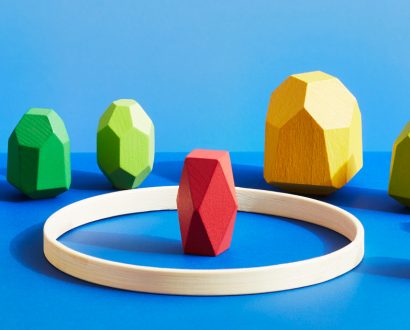It can be easy as an executive to believe that the skills and capability that got you to the top, are the ones that will keep you there. However, in world that’s experiencing unprecedented change, career longevity demands constant adaptation.
Are you ready for what the World Economic Forum is calling the Fourth Industrial Revolution?
To stay ahead you need to learn with purpose, be ready to adapt your operating style and update your knowledge bank. The best starting point is to conduct a skills audit.
-
Examine the present
Find a quiet location and identify all the current skills, knowledge and competencies you have, covering technical, functional and behavioural. Also consider what, to date, has been your source of distinct competitive advantage for your career.
-
Look ahead to the future
Critically examine where your industry and profession is heading, and look at related and connected sectors. What are you seeing in terms of change, and what does this mean for the skills, knowledge and competencies you need in the future?
Will your source of competitive advantage still be relevant in the future? If not, what needs to change?
-
Know the gap
Look at your current capability set and the future to determine what new knowledge, skills and competencies you need to acquire.
For each capability and each identified gap rate yourself on a scale of 1–4:
- No current skill or knowledge
- Some skill or knowledge, but not proficient
- Competent at this skill and have knowledge
- Expert with a high degree of skill and knowledge
-
Get creative
Develop a list of activities you can undertake to close the gap, and identify the priorities to be addressed. This may include: books to read, courses to enrol in, journals to subscribe to, new people to meet and new practices to perfect.
Make sure you stretch yourself and have a balance of activities that will be challenging and stimulating, and deepen and broaden your perspectives.
Also, consider having a mixture of activities that are cerebral, physical and spiritual – that is good for the mind, body and soul.
-
Build your plan
Create a personal development plan that maps out your learning goals, what you will do and by when. Having completion dates and success measures is critical so you can hold yourself to account and monitor progress.
-
Put your plan into action, check progress and reward yourself for your success.
It can also help to have a check-in buddy who helps to keep you honest about your progress, and challenges you when you fall back into old patterns of behaviour.
Ongoing learning, adaptation and career reinvention are all prerequisites for ongoing career success in a world of change. So what will you learn next?







